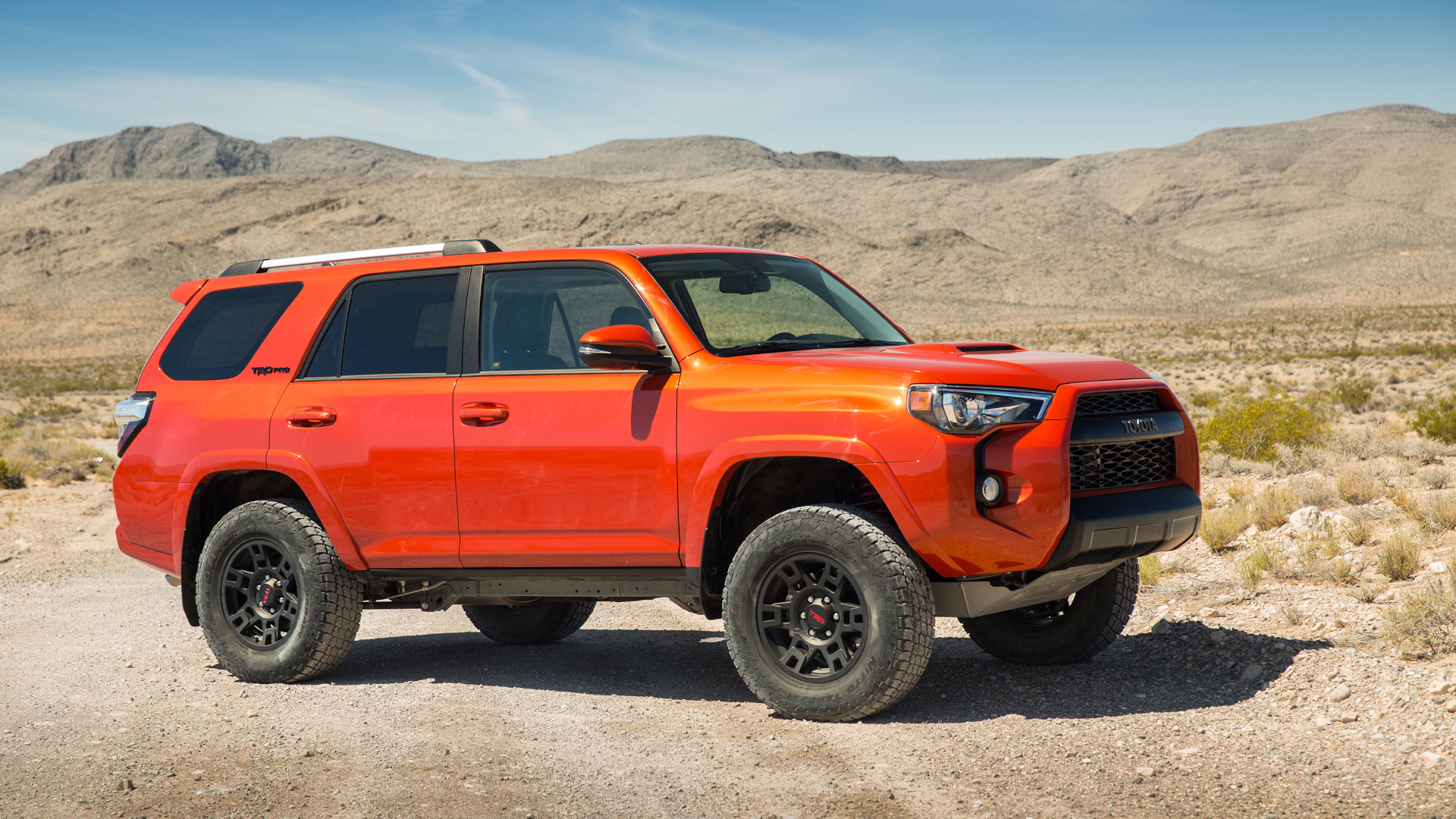11 SUVs I’d Avoid and the Reasons Why

The SUV Market: A Growing Trend with Hidden Pitfalls
Despite the higher costs compared to sedans and hatchbacks, the SUV market continues to expand every year. Even in times of inflation and economic uncertainty, SUVs remain a dominant force in the U.S. automotive landscape. However, the high ownership costs—ranging from initial purchase price, financing, depreciation, insurance, fuel, and various parking and ticketing fees—make cars one of the top wealth-killers for many drivers, especially those with lower incomes or fixed budgets.
With so many models available, it’s important to know which SUVs are worth the investment and which should be avoided. According to Statista, the U.S. SUV market is expected to reach $333 billion this year, but not all models are created equal. Auto experts have shared their insights on some SUVs that may not be the best choice for buyers.
Popular SUVs That Mechanics Say Aren’t Worth the Cost
Land Rover Range Rover and Discovery
Land Rover’s luxury SUVs often face criticism for poor value and reliability. Mike Winter, a long-time owner of MDP Diesel & Auto Repair in Jackson, Michigan, points out that the Range Rover has issues with depreciation, resale value, and high repair costs. He notes problems such as electrical issues, coolant leaks, and turbo failures. Chris Pyle, an auto expert at JustAnswer, also warns against the Discovery model, citing high maintenance costs and unnecessary features for most drivers.
Toyota 4Runner
While the 4Runner is praised for its durability and performance, Pyle suggests that it may not be the best choice for everyday use. Designed for off-road adventures, many owners never take advantage of its rugged capabilities, leading to paying for features they don’t need. Pyle recommends considering a more affordable SUV if the primary use is on highways.
Volkswagen Taos
Consumer Reports ranked the Volkswagen Taos as one of the least reliable vehicles for 2024. While the price is reasonable, Winter warns that frequent and expensive repairs could make it a costly choice in the long run.
Jeep Cherokee/Wagoneer and Wrangler/Gladiator
Jeep models like the Cherokee, Wagoneer, Wrangler, and Gladiator have been flagged for reliability issues. CR listed the Grand Cherokee among the least-reliable cars, and Winter highlights problems such as electrical issues, transmission problems, and oil consumption. Pyle also points out that these models are not ideal for daily commuting due to their rough ride and high maintenance costs.
Hyundai Tucson
Despite its good RepairPal reliability score, Winter describes the Hyundai Tucson as a “ticking time bomb” due to engine and transmission issues. While Hyundai has improved its reliability in recent years, older models (especially 2011–2017) should be approached with caution.
Ford Escape EcoBoost and EcoSport
Both the Ford Escape EcoBoost and EcoSport suffer from reliability and durability issues. Winter notes coolant problems, carbon buildup, and oil consumption as common concerns. The EcoSport, in particular, is criticized for major engine issues and high repair costs.
Full-Size SUVs to Avoid
Pyle advises against several full-size SUVs, including the Chevrolet Tahoe and Suburban, Ford Expedition, Lincoln Navigator, and Cadillac Escalade. These models are large, heavy, and inefficient in terms of fuel economy. Pyle argues that many owners don’t fully utilize their size or towing capabilities, making them an overpriced option for most drivers.
High-End Luxury SUVs
When it comes to luxury SUVs, Pyle warns against models like the Range Rover Evoque, Mercedes G550/GLS/EQS, Audi RS Q8, Lexus LX, and BMW X7. He emphasizes that these vehicles are excessively expensive, with limited practicality for most buyers. Pyle suggests that there are more affordable alternatives that offer similar features without the hassle of finding specialized repair services.
Final Thoughts
While SUVs continue to dominate the market, not all models are worth the investment. From reliability concerns to high maintenance costs, some SUVs may end up being more of a burden than a benefit. It’s essential to do thorough research and consider both short-term and long-term expenses before making a purchase.
Post a Comment for "11 SUVs I’d Avoid and the Reasons Why"
Post a Comment